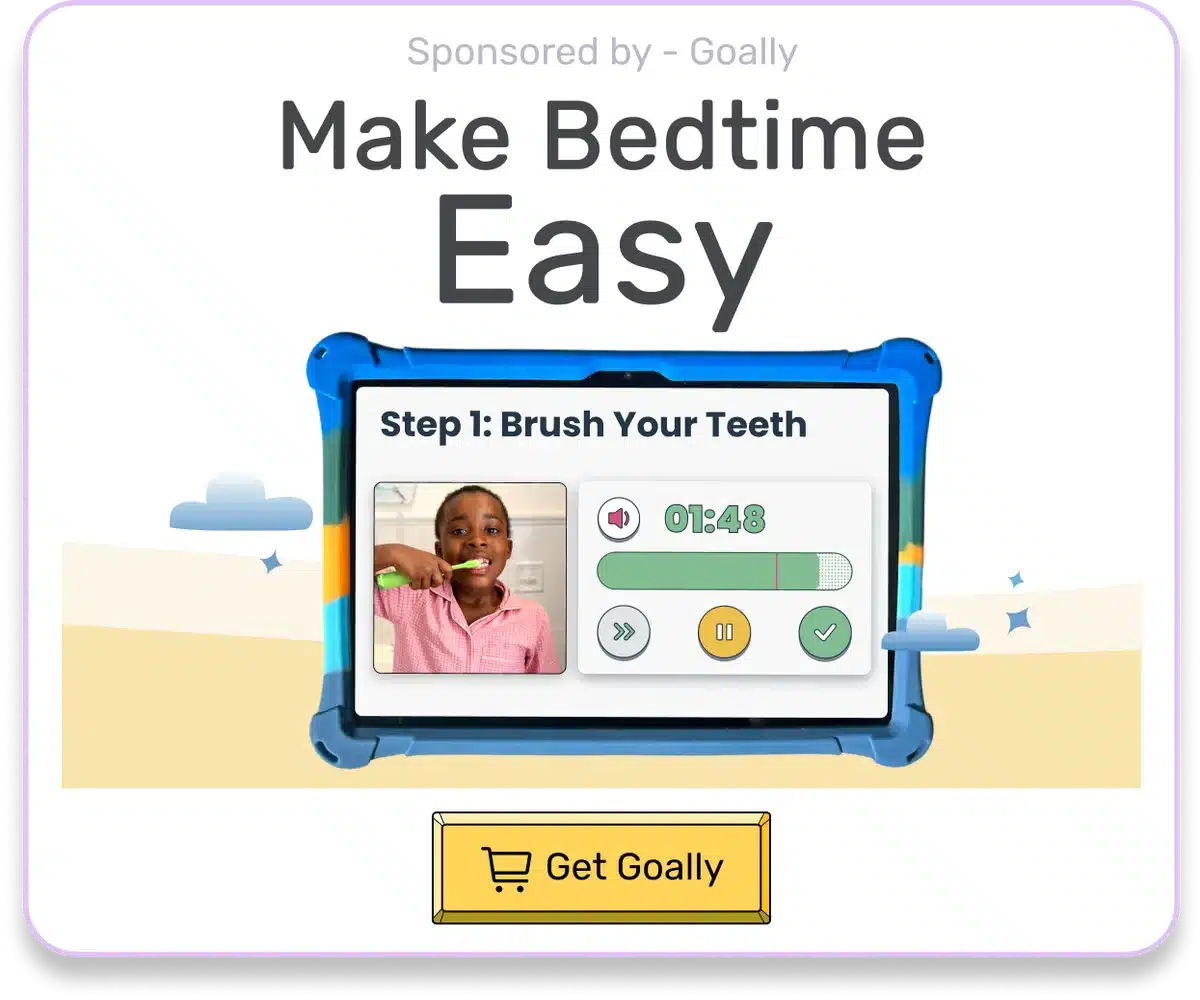As a licensed practitioner working with kids, I often see the excitement and sense of responsibility that simple daily chores can bring. Helping kids develop good habits early on is crucial, and daily chores are a fantastic way to do that. Today, I’m going to share the top three daily chores that are perfect for kids. These chores are easy to manage, teach valuable skills, and can even be fun!
Table of Contents
1. Making the Bed
Making the bed is one of the simplest chores that kids can do, but it teaches them a lot about responsibility and organization. Every morning, when kids start their day by making their bed, they learn the importance of starting the day with a clean and organized space. It doesn’t have to be perfect — the act of pulling up the covers and arranging the pillows is enough to instill a sense of accomplishment.
According to a study by the National Sleep Foundation, making the bed can improve sleep hygiene by creating a more inviting sleep environment. Plus, it’s a great way to kickstart a productive day. I always encourage parents to make this a daily habit for their kids. It’s a small task that yields big rewards.
Read more: Daily Routine Chore Chart by Age | Free Printable

2. Setting the Table
Setting the table is another excellent daily chore for kids. It teaches them about mealtime routines and the importance of helping out. Whether it’s placing the plates, utensils, or napkins, kids can take pride in knowing they are contributing to the family’s daily routine. It’s also a fantastic opportunity to teach kids about different types of utensils and table settings.
Research by the American Academy of Pediatrics shows that involving kids in family meals can enhance their social skills and improve family bonding. By setting the table, kids not only learn about responsibility but also get to be a part of a meaningful family tradition. This simple chore can turn into a fun and educational activity.

Read more: Chore Charts for 7 Year Olds
3. Feeding Pets
Feeding pets is a chore that kids typically love. It teaches them about the responsibility of taking care of another living being. Whether it’s filling up the water bowl or measuring out food, kids learn about consistency and the importance of routine. This chore is especially great for neurodivergent kids as it can help establish a predictable daily structure.
According to a study published in the Journal of Pediatric Nursing, kids who participate in pet care show improved empathy and nurturing behaviors. Feeding pets can also be a great way for kids to bond with their furry friends. I always recommend this chore to parents as it combines responsibility with the joy of caring for a pet.
Goally | Apps To Structure Your Kiddo’s Routine
Ready to upgrade to digital visual schedules? Goally’s skill building tablet for kids has routines that break down large tasks into small, achievable steps. It helps kids complete their tasks independently!
Create custom routines with your own videos & pictures for every step. The steps come in small, bite-sized pieces to help your child learn the little fundamentals (like putting the toothpaste on their toothbrush!) to achieve bigger goals. And that’s just the beginning. Watch a tour of our apps below to learn how Goally can set your child up for success!
Incorporating these simple chores into your kids’ daily routine can have a significant impact on their development. Not only do they learn valuable life skills, but they also gain a sense of responsibility and accomplishment. Start with these three chores, and you’ll likely see a positive change in your kids’ daily habits.
Resources:
FAQs about Daily Chores for Kids
At what age should kids start doing daily chores?
Kids can start doing simple daily chores as early as age 2-3. Tasks should be age-appropriate, like picking up toys or helping set the table.
How can I motivate my kids to do their chores?
Positive reinforcement and creating a fun, rewarding system can help motivate kids. Use praise, stickers, or small rewards to encourage consistent effort.
What are the benefits of kids doing daily chores?
Daily chores teach kids responsibility, time management, and basic life skills. They also help build self-esteem and a sense of accomplishment.
How do I make chores fun for my kids?
Turn chores into a game or a friendly competition to make them more enjoyable. Playing upbeat music or setting a timer can also add an element of fun.
Should chores be different for neurodivergent kids?
Chores should be tailored to each child's abilities and needs. Break tasks into smaller steps and provide clear, consistent instructions to help neurodivergent kids succeed.
This post was originally published on Sept. 1, 2023. It was updated on June 6, 2024.

Goally
We help parents teach their kids life skills, like doing bedtime and morning independently. Backed by science, we incorporate evidence-based practices and expert-informed designs in all of our apps and content.





